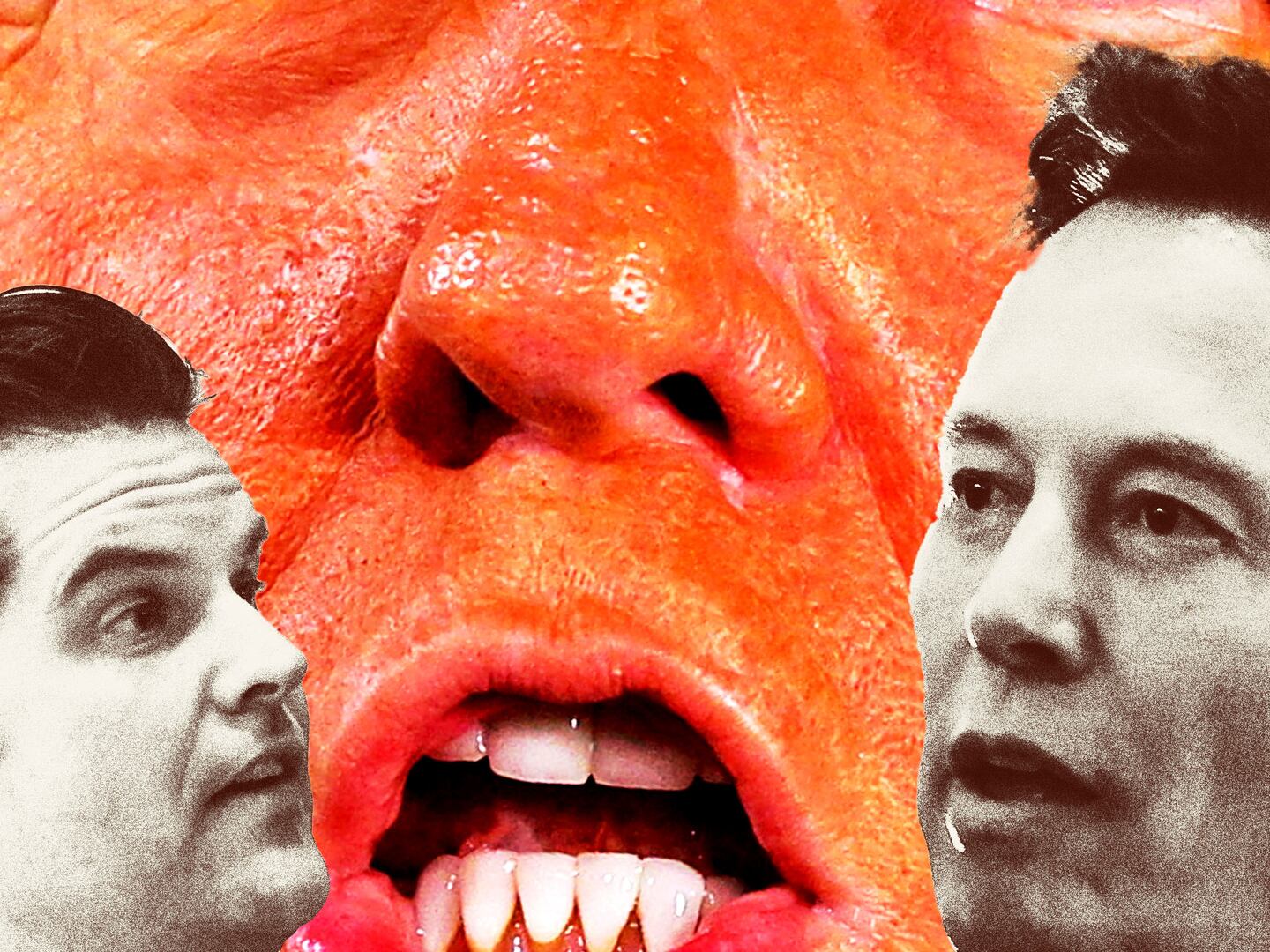Politics
Photo Illustration by Elizabeth Brockway/The Daily Beast
The Private Prison Industry Backed Trump—Now He’s Paying It Back
Plenty to Lose
The war on drugs is back, along with one of its most toxic byproducts: the privatization of punishment.

Trending Now





